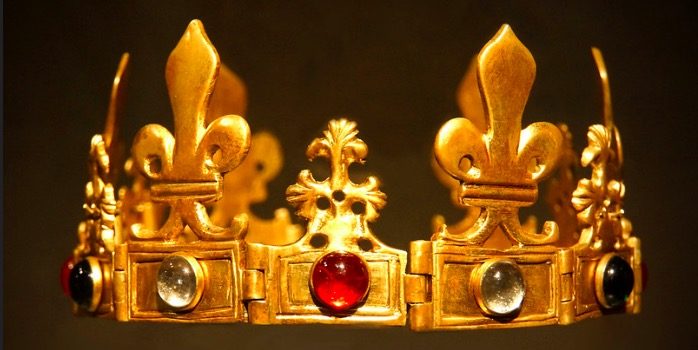Overview of Law #40: Despise the Free Lunch Use money and generosity strategically to achieve your goals. Remember that everything has a price, and don’t accept “free gifts.” But use the desire for a “free lunch” to deceive others. Use gifts to build a reputation of generosity, which creates an aura or power, and also to obligate people to you.
Law 40: Despise the Free Lunch (48 Laws of Power)










